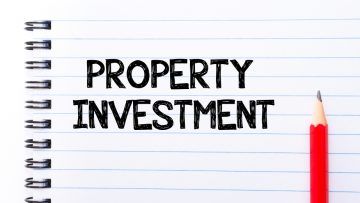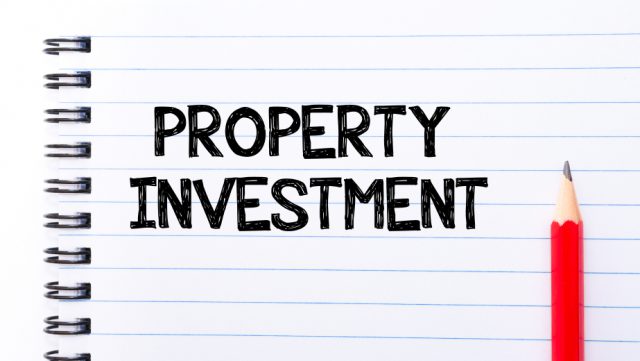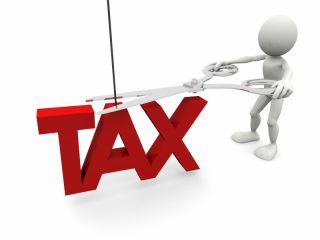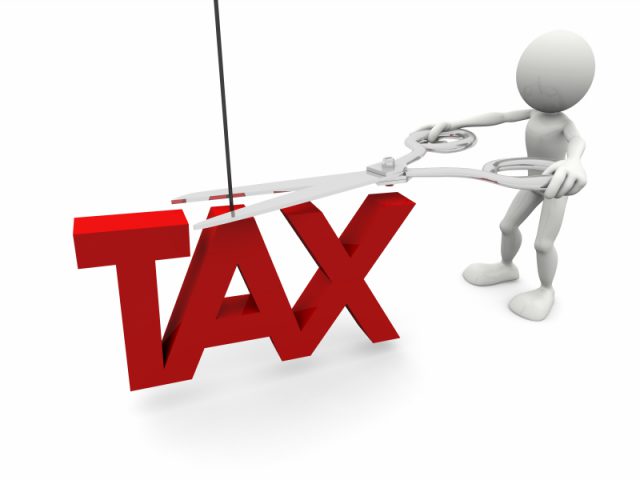Landlords Seeking Advice Ahead of Tax Changes
A recent study by the Nottingham Building Society reveals that residential landlords have driven a surge in advice enquiries ahead of forthcoming buy-to-let tax changes.
The coming changes are boosting business for mortgage brokers, as landlords seek advice on improving existing mortgage deals and expanding their portfolios.
Over a third (35%) of brokers reported that they have experienced an increase in enquiries from existing landlords, with 42% receiving enquiries about remortgaging and 31% saying

Landlords Seeking Advice Ahead of Tax Changes
landlords are considering expanding their portfolios.
Landlords face two major changes to their finances in the coming months: Firstly, the 3% Stamp Duty surcharge will be implemented on 1st April, which has caused a rush of landlords to purchase additional properties before being faced with the charge.
Secondly, landlords’ ability to offset their buy-to-let mortgage interest payments against tax will be phased out from 2017, which is forcing others to sell.
Despite concerns that landlords will sell their rental properties and leave the buy-to-let sector, The Nottingham’s research indicates that just one in five (19%) existing landlords plan to sell some or all of their portfolios in response to the tax changes.
The Senior Mortgage Broking Manager at Nottingham Mortgage Services, Ian Gibbons, comments: “The tax changes and Stamp Duty increase have complicated the calculations for would-be buy-to-let investors, but there remains strong interest in investing in the sector.
“It is striking that one in five landlords are planning to sell some or all of their properties, but people need to think carefully before rushing into decisions driven by tax changes.”
He adds: “Brokers we speak to are seeing a wide range of enquiries from customers that are not focused simply on selling, but also on remortgaging and ensuring they have the most competitive deal.”1
The Nottingham’s study shows that landlords in London are the most likely to sell some of their properties, while those in the North East are the least likely.
For more information about how the Budget 2016 will affect landlords, read this interesting piece from Nova Financial’s Paul Mahoney: /budget-reasonably-positive-believes-finance-expert/
1 http://www.propertyreporter.co.uk/landlords/surge-in-btl-advice-seen-ahead-of-stamp-duty-changes.html










